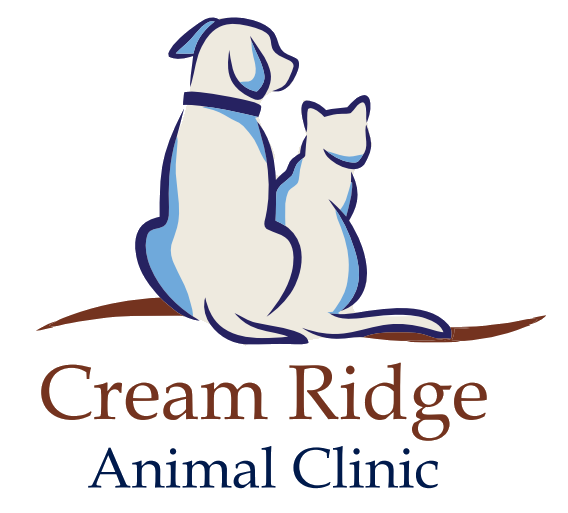|
Surgical FAQ's
What You Need to Know Before Surgery
Many pet owners have questions about different aspects of their pet's surgery. We hope this information will be helpful.
It also outlines the decisions you need to make prior to your pet's upcoming surgery.
Is anesthesia safe?
Today's modern anesthetic monitors have made surgery much safer than in the past. Here at Cream Ridge Animal Clinic, we do a thorough physical exam on your pet before administering anesthetics. We also adjust the amount and type of anesthetic used depending on the health of your pet. The handout on anesthesia explains this in greater detail.
Pre-anesthetic blood testing is important in reducing the risk of anesthesia. Every pet needs blood testing before surgery to ensure that the liver and kidneys can handle the anesthetic. Even apparently healthy animals can have serious organ system problems that cannot be detected without blood testing. For geriatric or ill pets, additional blood tests, electrocardiograms, or x-rays may be required before surgery as well. If there is a problem, it is much better to find it before it causes anesthetic or surgical complications. If serious problems are detected, surgery can be postponed until the problem is corrected.
We will call you the night before your scheduled surgery appointment, to confirm the time you will be dropping your pet off and to answer any questions you might have. In the meantime, please don't hesitate to contact us with any questions about your pet's health or surgery.
|
 |
|
It is important that surgery be done on an empty stomach to reduce the risk of vomiting during and after anesthesia. You will need to withhold food for at least 8 to 10 hours before surgery. Water can be left down for the pet until the morning of surgery.
|
| 


